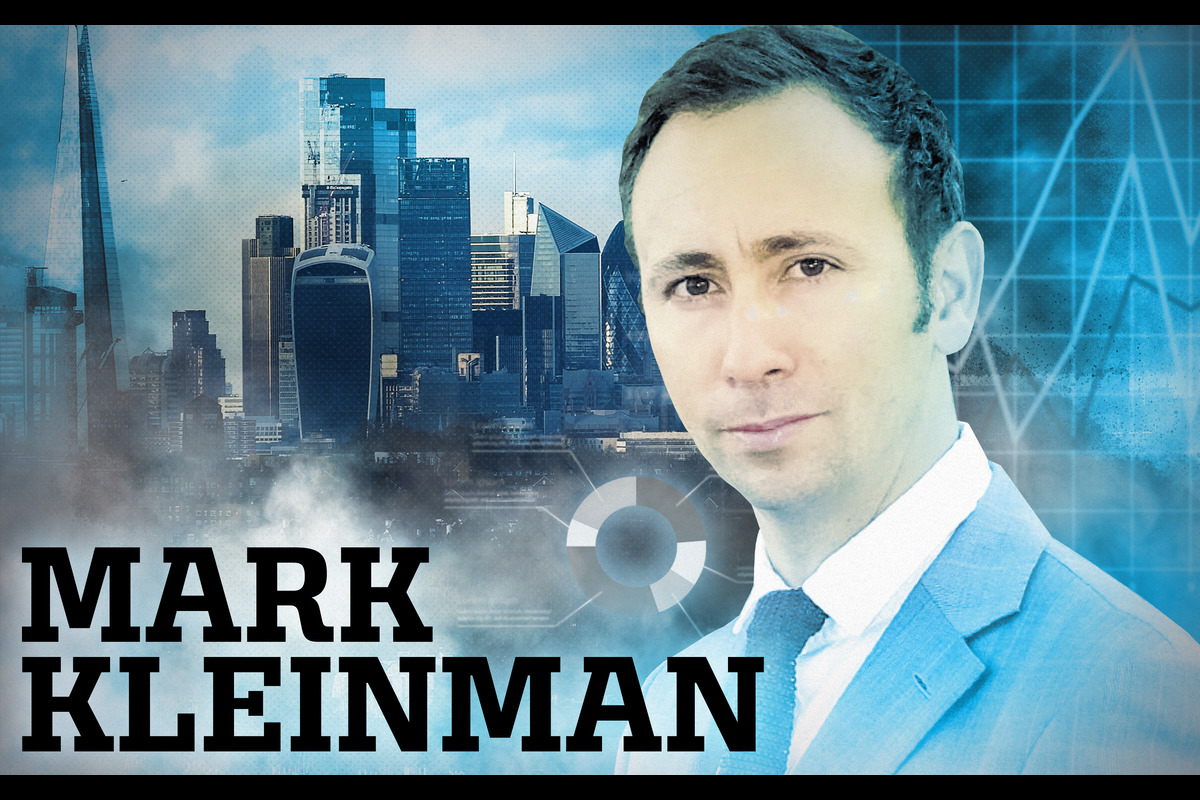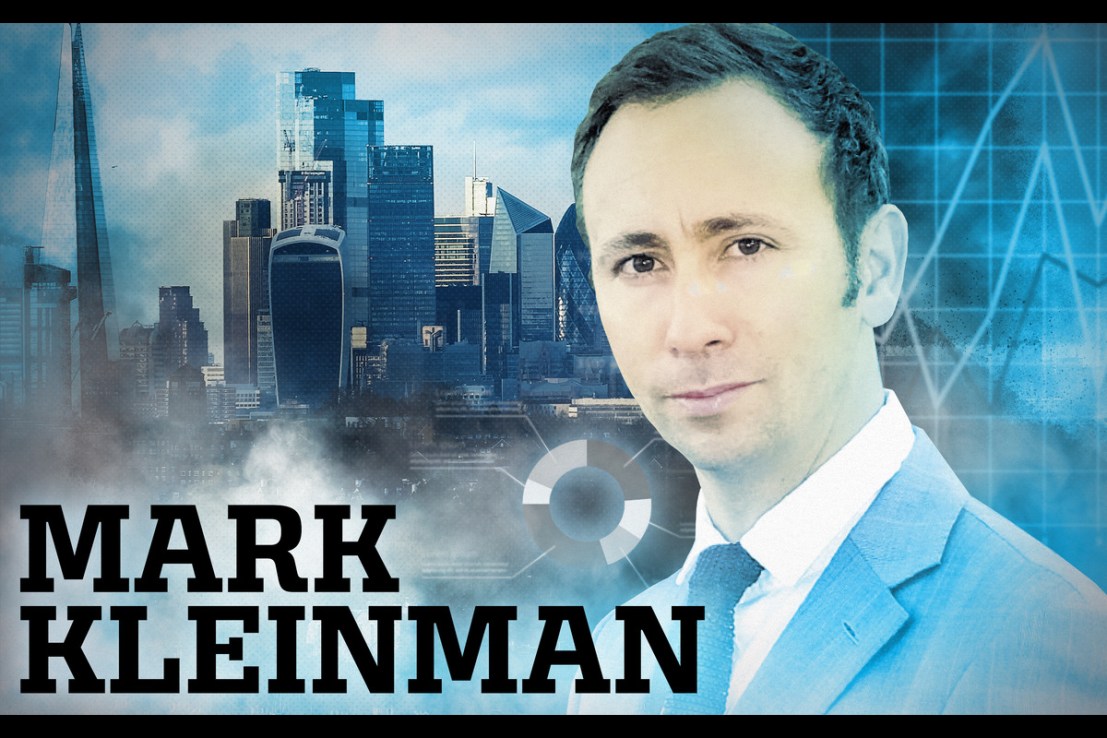Mark Kleinman: FCA row risks casting shadow over City set-piece
Mark Kleinman is Sky News’ City Editor and is the man that gets the City talking in his weekly City A.M. column.


Mark Kleinman is Sky News’ City Editor and is the man that gets the City talking in his weekly City A.M. column. This week he tackles the FCA battle causing a stir, Bink the loyalty app and NatWest’s share sale.
FCA row risks casting shadow over City set-piece
Less than two months to go: no, not until a snap summer general election, but the countdown to what’s widely expected to be Jeremy Hunt’s second and last Mansion House dinner speech as chancellor.
It could hardly be simultaneously more and less important for the City. Britain’s financial services sector is in need of a vote of confidence from the Treasury, amid searching questions about the state of London’s equity markets and the investibility of the UK’s major banks.
And yet any substantive new reforms requiring primary legislation are, self-evidently, off the agenda, with the election looming by the end of the year and the Conservatives’ policy agenda at the mercy of an alternative government which replaces it.
That leaves the chancellor and his officials largely racing to augment previously announced reform packages, the aims of which have included diverting billions of pounds of pension funds into growth investments, overhauling the UK’s prospectus regime and scrapping EU unbundling research rules.
At a meeting with Mr Hunt last week, the chief executives of lenders including Barclays, Lloyds Banking Group, NatWest Group and Santander UK urged him to use the Mansion House to deliver a statement in firm support of the industry, according to insiders.
Officials say he intends to do just that, but it will nevertheless jar with the crescendo of protest which has erupted over the City regulator’s new name-and-shame approach to enforcement.
The chancellor himself stepped into the row last week, telling the Financial Times that he hoped the Financial Conduct Authority would reconsider on the basis that the proposed change would not be consistent with the watchdog’s new secondary competitiveness objective.
The strength of feeling from industry, if not unprecedented, is certainly unusual. While the FCA argues that its move would bring financial services in line with the approach adopted by other economic regulators, those at the heart of the industry maintain that it would betray the principle of innocent until proven guilty.
Nikhil Rathi, the FCA chief, has so far shown no inclination to back down. Unless he does so, this year’s Mansion House event could turn out to be a very frosty affair.
Bink on brink as fintech backers’ loyalty wanes
No apology for returning to the subject of Bink, the loyalty app which secured backing from Barclays and Lloyds Banking Group but which has failed to register meaningful revenues during its seven-year existence.
Loyalty Angels, Bink’s parent company, now appears to be on the brink of throwing in the towel, having, I understand, lined up FRP Advisory to provide insolvency advice.
The recriminations are now in full flow, with some shareholders bemoaning a lack of communication from its board – at one time chaired by the City grandee Bob Wigley (but who stepped down in late 2022) – about funding options, including recent attempts to find a buyer.
In that sense, Bink epitomises a common refrain among early-stage technology investors: that companies consistently fail to keep them properly informed about strategic shifts and funding requirements, leaving them far more reluctant to put their hands in their pockets when start-ups find themselves in dire straits.
With shareholders as blue-chip as Barclays and Lloyds, and having raised approximately £45m since its inception, that dawning realisation has come as a bitter pill for Bink’s army of private backers to swallow.
Will NatWest sale deliver bonus for chancellor?
If all goes to plan, by the time the chancellor delivers that summer address to City grandees, England will have progressed to the latter stages of Euro 2024, and a retail offering of NatWest shares will be well underway. It’s not fanciful, if market conditions, remain benign, to expect that that might raise £2.5bn, or just under 10pc of fhe bank’s current market capitalisation.
On top of that, an institutional placing could raise a similar sum again, bringing the government’s stake down to as low as 10%.
As I reported earlier this month, the retail offer is likely to include a bonus share element, rewarding investors who hold onto their newly privatised stock for at least a year.
That will marry up with a modest discount to NatWest’s share price – the more modest, the better for Treasury officials cognisant of a future National Audit Office probe to establish whether the share sale delivered value for money.
Still, the delivery of those bonus shares will come months after a general election, so it’s hard to know whether any political benefit will accrue to this administration from dishing them out.
Initial market research conducted by specialists hired by UK Government Investments indicates that there is genuine appetite to buy discounted NatWest shares, with a particularly high participation likely from younger, ethnically diverse applicants.
The privatisations of the Thatcher era, made famous by the ‘Tell Sid’ campaigns which promoted them, did have an impact on adult share ownership in Britain.
Media fragmentation in the decades since will make selling the NatWest share sale to the electorate more complicated to pull off, but the sort of scale being discussed in Whitehall looks feasible. Whether that leads to the wider impact on equity investment being posited as a panacea to London’s stock market travails is more debateable.



